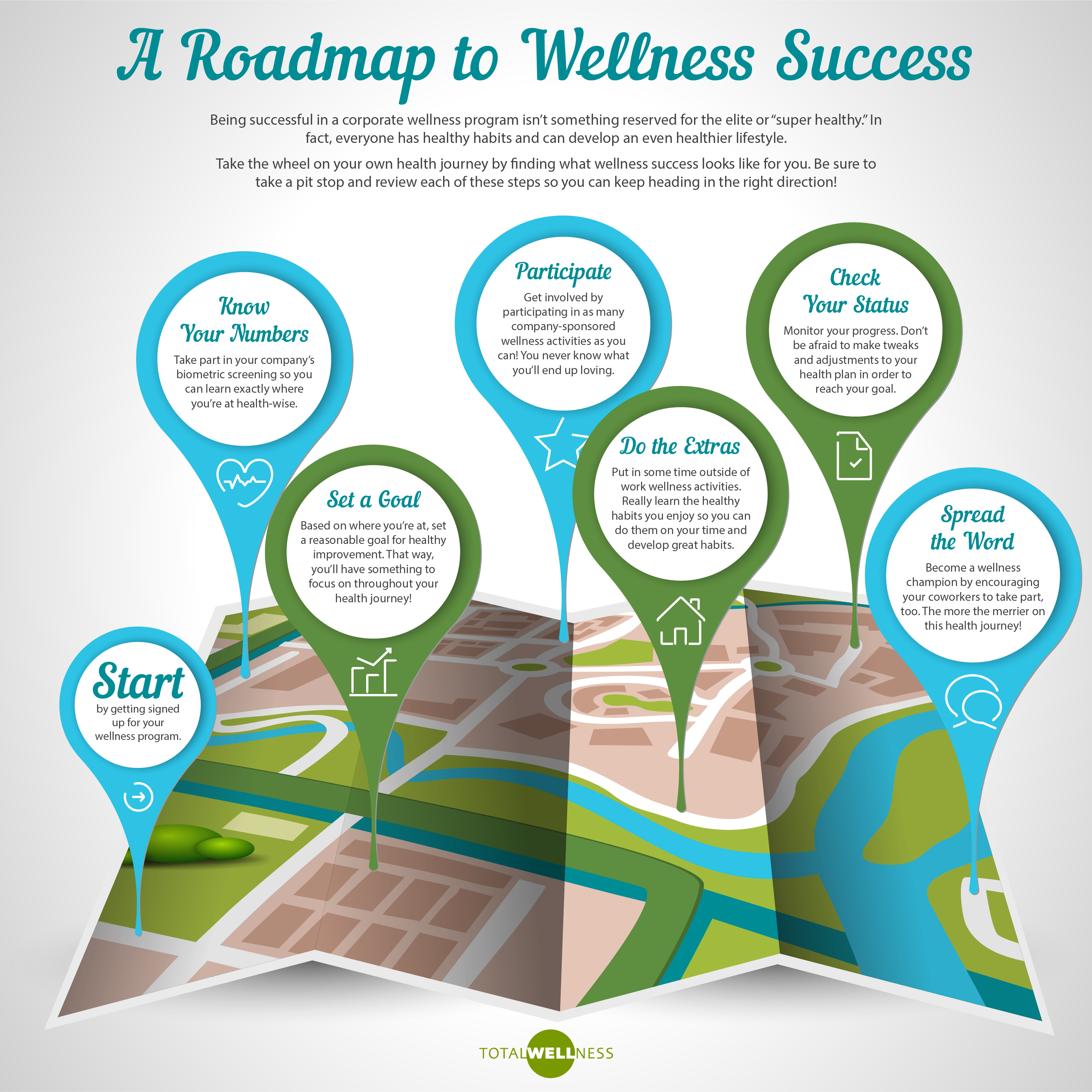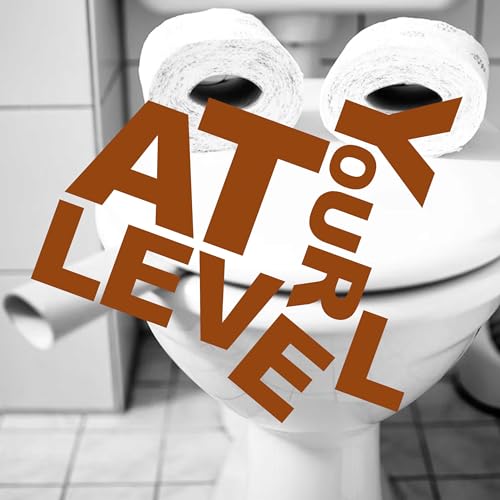The Good Life: A Roadmap To Wellbeing And Success

Table of Contents
Defining Your Vision of "The Good Life"
Before embarking on the journey to the good life, it's crucial to understand what it means to you. This involves deep self-reflection and setting clear goals. What truly matters? What are your non-negotiables? Defining your personal values is the cornerstone of building a life you love.
-
Identify your core values: What's truly important to you? Is it family, creativity, learning, adventure, financial security, helping others, or something else entirely? Spend time brainstorming and prioritizing these values. Consider using a values clarification exercise to gain clarity.
-
Set SMART goals: Once you've identified your core values, translate them into Specific, Measurable, Achievable, Relevant, and Time-bound goals. For example, if “family” is a core value, a SMART goal could be: “Spend quality time with my family for at least 2 hours every Sunday for the next three months.”
-
Visualize your ideal life: Create a vision board representing your aspirations, or keep a journal detailing your ideal day, week, and year. Visualizing your goals strengthens your commitment and provides motivation.
-
Use the "wheel of life" exercise: This exercise helps you assess different life areas (health, relationships, career, finances, personal growth, etc.) by rating each area on a scale. This visualization highlights areas needing improvement and allows for a more balanced approach to achieving the good life. It helps you create a holistic view of your life and helps you balance your efforts.
These exercises facilitate self-reflection, helping you clarify your life purpose and develop a strong foundation for building the good life.
Cultivating Physical and Mental Wellbeing
A fulfilling life hinges on both physical and mental wellbeing. Neglecting either aspect can severely impact your overall happiness and ability to achieve your goals. Prioritizing your health is an investment in your future.
-
Prioritize sleep: Aim for 7-9 hours of quality sleep per night. Good sleep hygiene—a consistent sleep schedule, a dark and quiet bedroom, and a relaxing bedtime routine—is crucial for physical and mental restoration.
-
Nourish your body: Eat a balanced diet rich in fruits, vegetables, and whole grains. Limit processed foods, sugary drinks, and excessive caffeine. Focus on whole foods to fuel your body and mind optimally.
-
Exercise regularly: Find activities you enjoy and incorporate them into your routine. Regular physical activity boosts endorphins, improves mood, and reduces stress. Whether it’s yoga, running, swimming or team sports, find something you love and make it a habit.
-
Practice mindfulness and meditation: These techniques reduce stress, improve focus, and enhance emotional regulation. Even a few minutes of daily meditation can make a significant difference in your mental clarity and overall wellbeing.
-
Seek professional help when needed: Don't hesitate to consult a therapist or counselor if you're struggling with mental health challenges. Seeking professional support is a sign of strength, not weakness.
Building Strong Relationships and a Supportive Community
Strong relationships and a supportive community are vital for a rich and meaningful life. Humans are social beings, and meaningful connections provide a sense of belonging, love, and support.
-
Nurture existing relationships: Spend quality time with loved ones. Schedule regular dates, phone calls, or video chats. Prioritize quality time over quantity.
-
Build new connections: Join clubs, volunteer, or engage in activities that interest you. Connecting with like-minded individuals expands your social circle and creates opportunities for growth and support.
-
Foster healthy communication: Practice active listening and empathy. Effective communication is the foundation of any strong relationship.
-
Seek mentorship and support: Learn from others and offer guidance when possible. Mentorship relationships can be incredibly valuable for personal and professional growth.
-
Cultivate gratitude: Appreciate the people and things in your life. Expressing gratitude strengthens relationships and promotes positive emotions.
Achieving Financial Security and Purposeful Work
Financial security and purposeful work contribute significantly to the feeling of a good life. While money doesn't buy happiness, financial stability reduces stress and provides freedom to pursue your passions.
-
Create a budget and track your expenses: Understanding your spending habits is crucial for financial planning.
-
Invest wisely for your future: Develop a long-term investment strategy to secure your financial future.
-
Find work that aligns with your values and passions: Purpose-driven work provides a sense of meaning and fulfillment.
-
Develop valuable skills and pursue continuous learning: Investing in your skills enhances your career prospects and personal growth.
-
Seek work-life balance to prevent burnout: Prioritizing your wellbeing prevents burnout and allows you to enjoy the fruits of your labor.
Conclusion
Achieving "the good life" is a journey, not a destination. By focusing on your personal values, nurturing your wellbeing, building strong relationships, and pursuing purposeful work, you can create a life rich in meaning and satisfaction. Remember, the definition of "the good life" is unique to each individual. Take the time to define your own vision and use this roadmap as a guide to build the life you desire. Start crafting your own version of the good life today!

Featured Posts
-
 Banksys Immersive Vancouver Exhibit What To Expect
May 31, 2025
Banksys Immersive Vancouver Exhibit What To Expect
May 31, 2025 -
 Ai And The Poop Podcast Digesting Repetitive Scatological Documents For Engaging Content
May 31, 2025
Ai And The Poop Podcast Digesting Repetitive Scatological Documents For Engaging Content
May 31, 2025 -
 Estevan Street Sweeping Schedule 2024 Full Dates Released
May 31, 2025
Estevan Street Sweeping Schedule 2024 Full Dates Released
May 31, 2025 -
 Dispelling The Mystery Banksy Artwork Claim In Westcliff Bournemouth
May 31, 2025
Dispelling The Mystery Banksy Artwork Claim In Westcliff Bournemouth
May 31, 2025 -
 Sanofi Investiert 1 9 Milliarden Us Dollar In Neue Autoimmuntherapie
May 31, 2025
Sanofi Investiert 1 9 Milliarden Us Dollar In Neue Autoimmuntherapie
May 31, 2025
